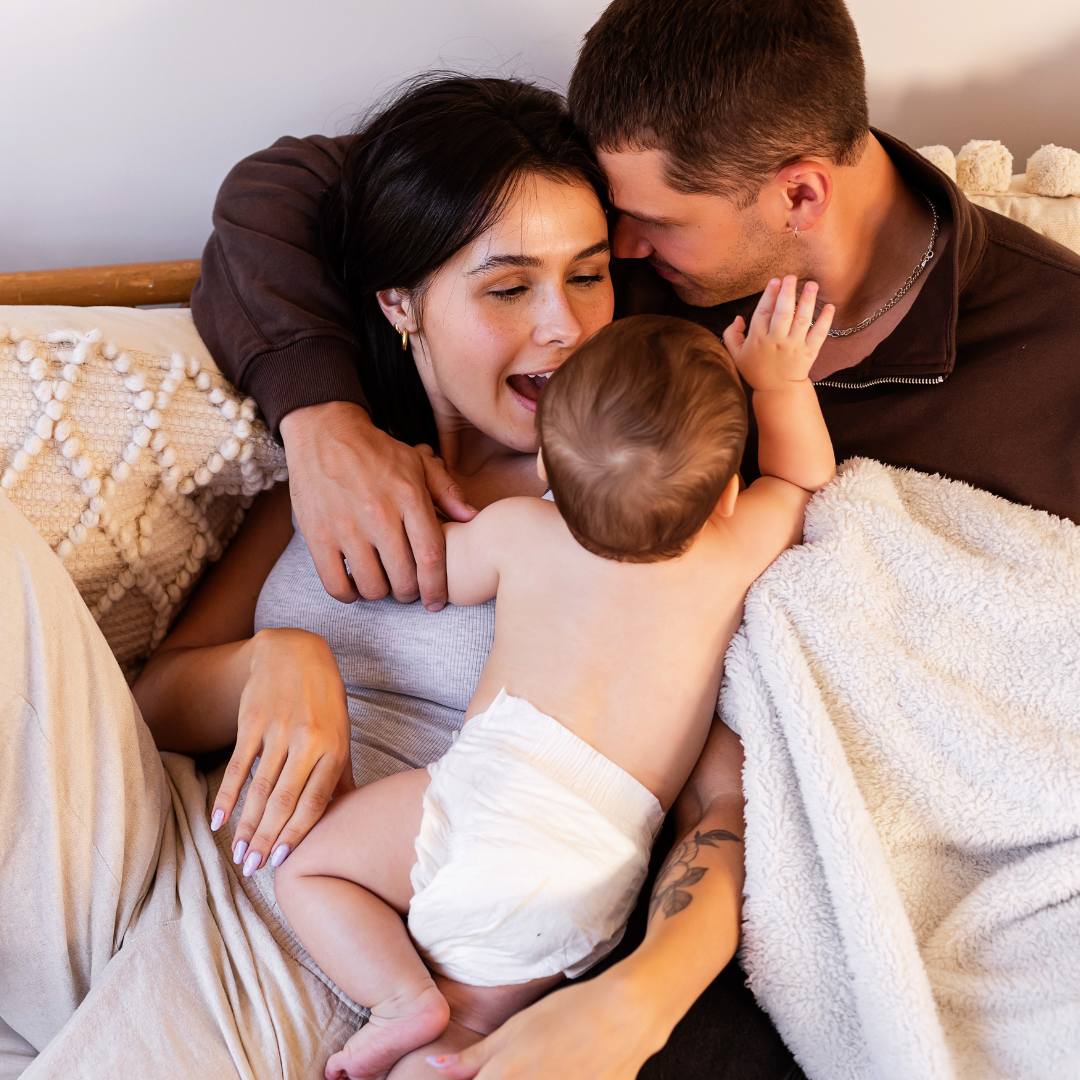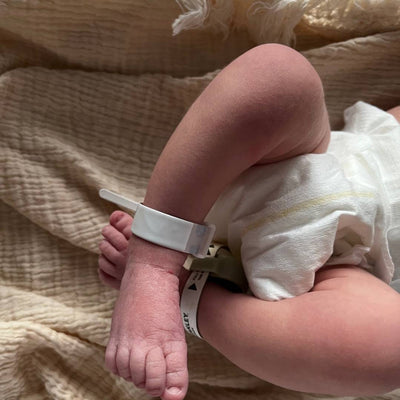What is Gratitude
The word gratitude is defined as “a feeling of appreciation or thanks.” The word is derived from a Latin word (gratia) that means grace, graciousness, or gratefulness. A 2010 review of studies defines gratitude as “the appreciation of what is valuable and meaningful to oneself and represents a general state of thankfulness and/or appreciation.”
“Gratitude is a thankful appreciation for what an individual receives, whether tangible or intangible. With gratitude, people acknowledge the goodness in their lives. In the process, people usually recognize that the source of that goodness lies at least partially outside themselves,” according to Harvard Health Publishing.
Robert Emmons, one of the leading experts on gratitude, stated in his essay, Why Gratitude is Good that there are two components to gratitude:
- The first component is that gratitude “is an affirmation of goodness...We affirm that there are good things in the world, gifts, and benefits we’ve received.”
- The second component is that “we recognize that the sources of this goodness are outside of ourselves…We acknowledge that other people gave us many gifts, big and small, to help us achieve the goodness in our lives.”
The Benefits of Gratitude
Developing a daily practice of gratitude has many benefits. Glenn Fox, an expert in the science of gratitude, cites “better sleep, more exercise, reduced symptoms of physical pain, lower levels of inflammation, lower blood pressure and a host of other things we associate with better health” as the health benefits of gratitude. Fox conducted a study of how gratitude manifests in the brain. What he found are links between gratitude and brain structures that are tied to social bonding, reward, and stress relief.
Other studies also find benefits from gratitude:
- A 2003 study found that gratitude is strongly related to well-being.
- Another 2003 study found that a conscious focus on blessings has emotional and interpersonal benefits.
- A 2008 study found that gratitude led to lower levels of stress and depression.
- A 2009 study linked gratitude to better sleep.
- A 2013 study linked relationship quality with gratitude.
- A 2018 study linked gratitude to generosity.
7 Ways to Practice Gratitude as a New Parent
As a new parent, you are busy caring for a newborn baby. It is hard to find time to take care of yourself, but self-care is important, and developing a daily practice of gratitude is part of self-care. To help you create a daily gratitude practice, here are seven gratitude practice ideas:
1. Keep a Gratitude Journal
One way to practice gratitude is to write down every day at least one thing you are grateful for in your life. Researchers asked some participants in a study to write down what they were grateful for every week. What they found is that those who kept a gratitude journal experienced more benefits than those who did not. Researchers concluded that the “results suggest that a conscious focus on blessings may have emotional and interpersonal benefits.”
Here are some suggestions on how to keep a gratitude journal:
- Write down one thing each day that you are grateful for in a notebook.
- If you experienced something good, write it down and why you are grateful for the experience.
2. Practice with Your Partner
Spending a few moments daily or even once a week with your partner talking about what you are thankful for will improve your relationship, as the following studies show:
- Researchers had romantic partners express gratitude to one another. What they found is that the partners experienced improvements in their relationship quality over six months.
- Researchers asked romantic partners to report their tendencies to feel and express gratitude towards each other over two years. They found that gratitude was associated with more satisfaction in the relationship when both partners expressed gratitude.
There are several ways you can practice gratitude with your partner:
- Share your gratitude journals. Read aloud what you wrote to your partner, and have them read aloud what they wrote to you.
- Tell each other what you are grateful for about the other person at least once a week.
3. Write Thank You Letters
Writing thank you letters or emails to people who have had an impact on your life will not only benefit the other person but it will benefit you, as a study reveals. Researchers studied almost 300 adults who were seeking mental health counseling at a university. They broke the participants up into three groups, and one of the groups was told to write a letter of gratitude to someone every week for three weeks. Compared to the other two groups, the group who wrote the letters reported that they experienced significantly better mental health four weeks and 12 weeks after they stopped writing the letters.
Here are a few ideas for writing thank-you letters:
- Try writing a thank you letter or email once a month.
- If you write a letter, you could read it to the person.
- You might also want to write a thank you letter to yourself at least once.
There is an old song that urges people to “count your many blessings, count them one by one.” Picking a time once a week to list all of your blessings either by writing them down or speaking them into a recording app on your phone. After you list your blessings, reflect on why they are a blessing to you. Think of this as a deep dive into gratitude.
5. Meditate
Take time every day to practice gratitude meditation. You only need to set aside a few minutes to be mindful of the present, take note of where you are, and start thinking about what you are grateful for. Since you are a parent of a newborn baby, you don’t always have a lot of time to yourself. You can meditate while you brush your teeth or take a shower.
6. Do Acts of Kindness
At least once a month, try practicing an act of kindness to show someone that you are grateful for them. Call them and tell them what they mean to you or send them a gift. Doing so will benefit you as well as them, according to a study. Researchers studying positive psychology found that doing one act of thoughtful gratitude resulted in increased happiness and reduced depression. However, the positive effects dissipated within three to six months, which proves that gratitude needs to be practiced over and over.
7. Implement Gratitude Reminders
You may need to create gratitude reminders because taking care of a newborn is overwhelming. Some days you can barely remember to brush your teeth. One way to remind yourself to practice gratitude is to have a visual reminder such as wall art or a bracelet.
Here are a few other ways to remind yourself to practice gratitude:
- Set an alarm on your phone.
- Put Post-It notes on your bathroom mirror.
As a parent, you have a big reason to be thankful. You get to be a mother or father to a precious little human being. Developing a daily gratitude practice will help you be a better and more thankful parent.






